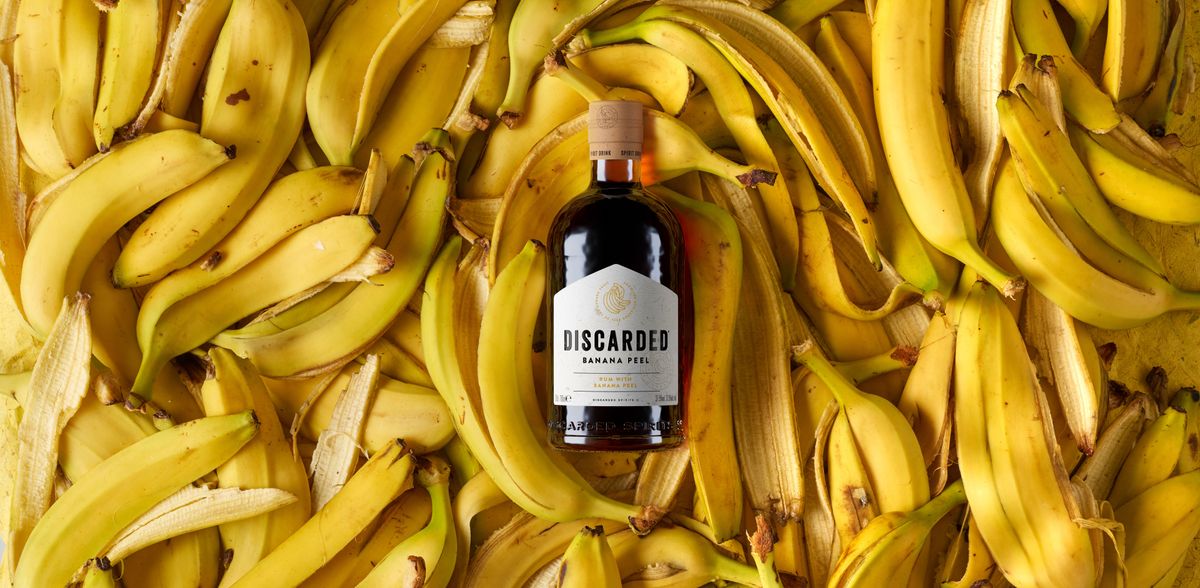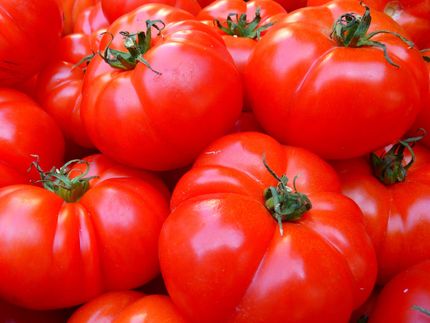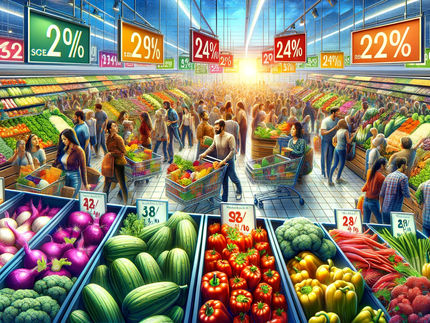The time of careless throwing away is over
More than two-thirds of Germans support zero waste and food reuse
Advertisement
Zero Waste is a zeitgeist phenomenon with real relevance and more than just the next eco-trend, it can change the market and the economy.
In time for the International Day of Awareness of Food Loss and Waste (FAO) on September 29, 2023, and the subsequent action week "Germany saves food" (Sept. 29 to Oct. 6), the Discarded Spirits Co. brand of William Grant & Sons (including Hendrick's Gin, Tullamore D.E.W. and Glenfiddich) commissioned a survey on zero waste. The representative survey was conducted by the market and opinion research institute YouGov.
The representative survey revealed that 61 percent of respondents would buy processed food made from supposed "waste." In contrast, however, only a good quarter have bought a zero waste product so far. This is presumably due to the lack of supply.
77 percent of the panel think the Zero Waste principle is good and would like to support responsible production and the reuse and recovery of products/food. Almost three quarters of the population think it would be good if in the future the previous "waste" of natural foods were also processed. For example, 64 percent have already processed stale bread into breadcrumbs or dumplings. On place 2 stands with 41 per cent the subsequent treatment of not completely fresh fruit and vegetable to Currys, pan dishes, Chutneys and CO.
And of course the production of bread and pancakes from muddy bananas is also popular with 40 percent of respondents. But making stocks from vegetable, meat and fish waste is also practiced by a third of Germans (34%).
And more good news: 63 percent recycle food even though the best-before date has passed. 40 percent do regular refrigerator checks to prevent food from spoiling, and 21 percent share with neighbors and friends before food goes bad. 29 percent try to use all of a food item (e.g., kohlrabi with leaves or even the peels of fruits and vegetables). 16 percent of respondents said they frequently buy rescued food.
With the Discarded Spirits Co. brand, William Grant & Sons has recognized the spirit of the times and launched a new exceptional brand that opens up a new dimension, not only in terms of taste. Discarded Spirits, for example, is the first brand ever to develop spirits from ingredients that would otherwise have been discarded. In this way, coffee berries, banana peels and grape residues are turned into delicious zero-waste spirits with great taste and a good conscience. The previously discarded and thus wasted ingredients are used quite consciously at Discarded, so the brand is already setting a milestone in the spirits industry. In the process, newly developed techniques enable creative reuse and provide surprising flavors. Discarded is thus taking an innovative and progressive path for novel spirits, full of flavor while challenging the way we use our natural resources. The Sweet Cascara Vermouth, with the discarded fruit of the coffee berry, the Banana Peel Rum, with the natural flavors of banana peel and the Grape Skin Vodka, made from pomace of Chardonnay wine production.
Last but not least, here's a piece of information that gives us hope: Only 3 percent of Germans don't pay attention to wasting less food.
About the study: All figures come from YouGov. The survey was commissioned by Discarded Spirits Co., is representative of the population and included 2061 respondents aged 18 and older. The survey was conducted online. Survey period: July 3 to 5, 2023
Note: This article has been translated using a computer system without human intervention. LUMITOS offers these automatic translations to present a wider range of current news. Since this article has been translated with automatic translation, it is possible that it contains errors in vocabulary, syntax or grammar. The original article in German can be found here.

































































